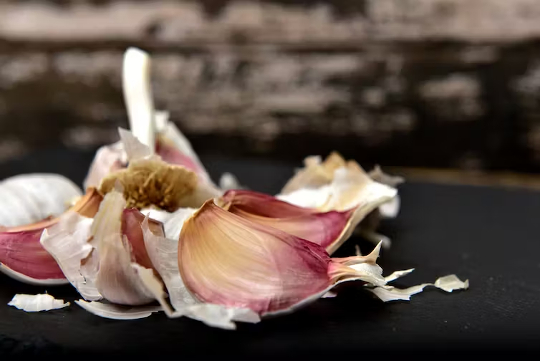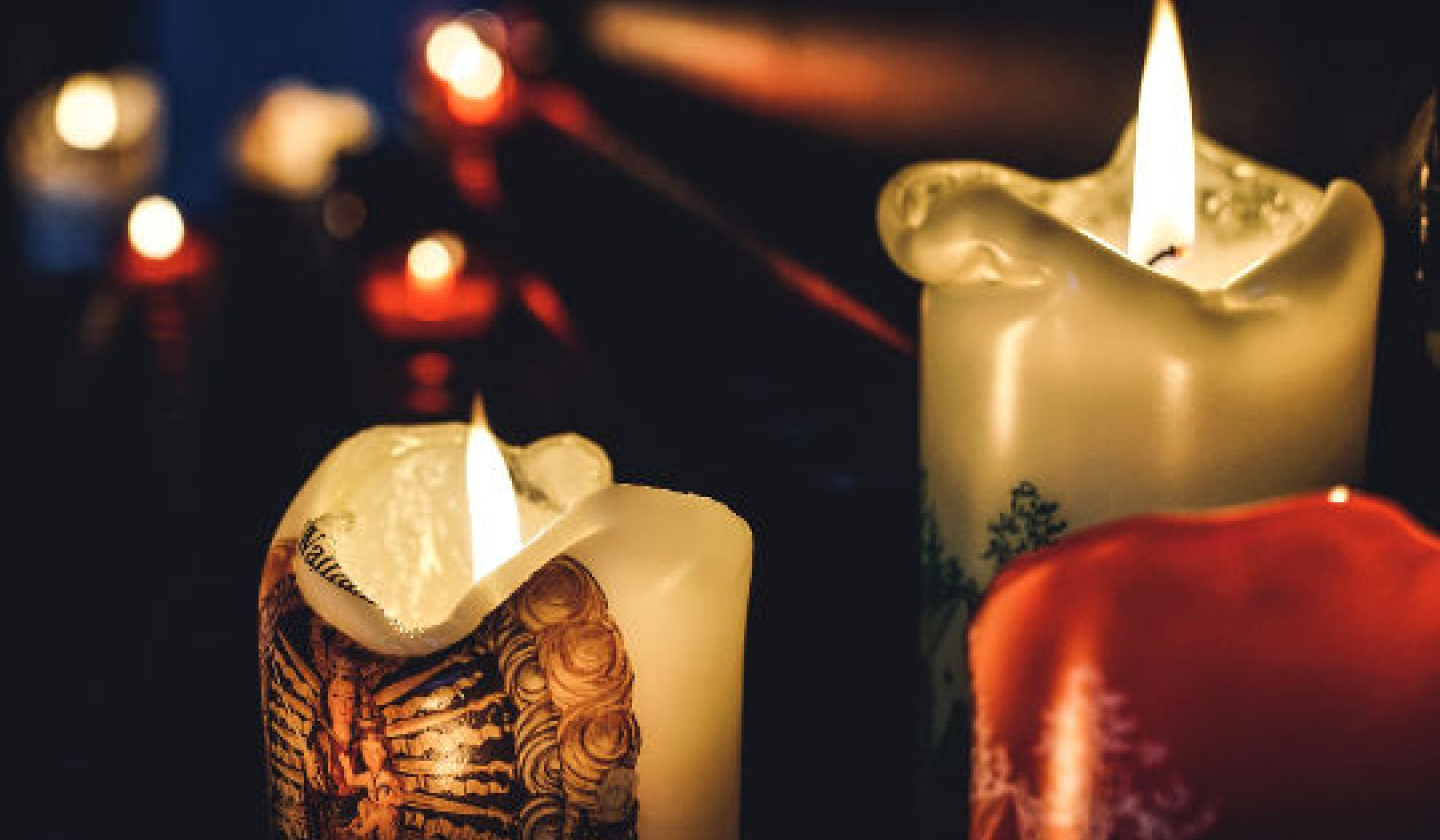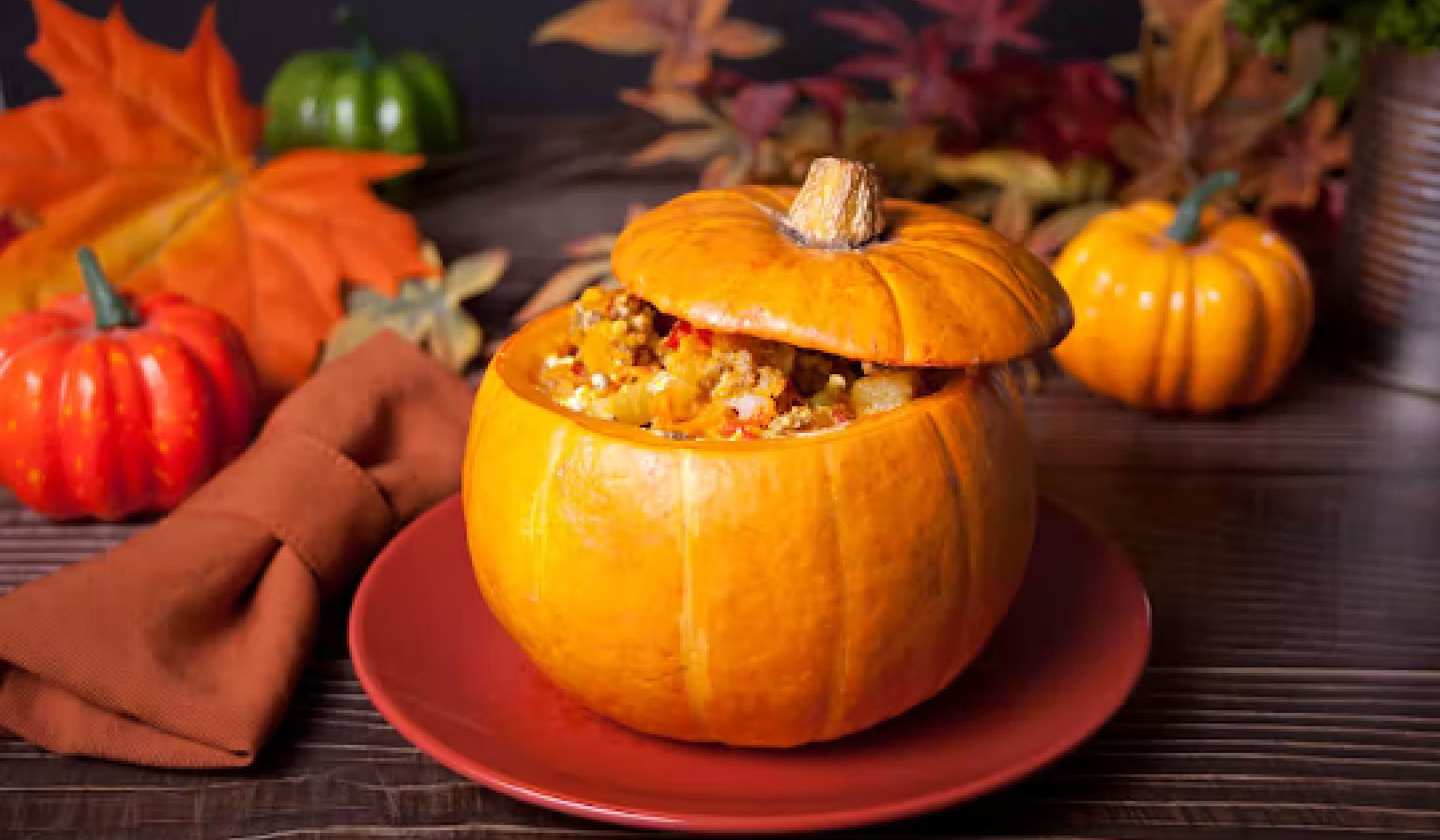Everyone has a friend who gets covered in mosquito bites and a friend who doesn’t get a single one. That’s because mosquitoes use their sense of smell to find people to bite, and some people smell better to them. We can change how we smell using perfume, soaps, our diet and so on, but which changes can stop us from being bitten by mosquitoes?
1. Soap brand
As we all know, soaps affect how we smell, but people who use the same soap can end up smelling differently. A study published this year found that, for some people, washing with Dove and Simple Truth soaps makes them more attractive to mosquitoes, whereas washing with Native soap repels them. But for other people, none of the soaps affect how attractive mosquitoes find them.
It might be worth hedging your bets and trying Native soap – but no guarantees.
2. Bananas
You might want to swap bananas for grapes this summer to avoid mosquito bites. A US study found that, for some people, mosquitoes were more attracted to the scent of their hands after they had eaten a banana. However, this pattern is not true for all fruits. The same methods were repeated using grapes, and there was no change in mosquito attraction to the volunteers after they had eaten them.
Choose your fruits wisely.
3. Beer
A 2010 study measured how attractive mosquitoes found people before and after they drank either beer or water. After drinking beer, the volunteers’ body scent was more attractive to the mosquitoes.
But there was no change in how attractive mosquitoes found the volunteers after drinking water. So you might want to cut out the pints this summer – if you think it’s worth the sacrifice.
4. Deodorant
A study in Nature found that a compound in deodorants (isopropyl tetradecanoate) repelled mosquitoes by preventing them from landing on the surface coated in deodorant. In fact, there was a 56% decrease in the number of mosquito landings. Imagine how many fewer bites that could lead to.
It’s even more important to remember to wear deodorant when exercising, as another study in Nature found that mosquitoes are more attracted to you if you’re sweaty.
It’s time to stock up on deodorants (your friends will thank you too).
5. Garlic and vitamin B
Many people eat garlic and take vitamin B supplements as a home remedy to repel mosquitoes. In a 2005 study, participants were exposed to mosquitoes after consuming garlic or a placebo. The number of mosquito bites, alongside other measurements, was recorded, and the results provided no evidence that garlic repelled mosquitoes.
Similarly, another 2005 study found there was no effect of taking vitamin B supplements on the attractiveness of skin scent to mosquitoes.
Don’t bother with these home remedies.

Garlic might ward off vampires, but it’s less successful against other blood-sucking pests. Jorge Lebron/Shutterstock
6. Deet repellent
Deet is a chemical found in many insect repellents and can be used on bare skin. It doesn’t smell too good (to us and to mosquitoes) and can feel a little oily, but insect repellents containing Deet offer the longest protection against mosquito bites, compared with other repellents.
You might want to pop out and get some Deet – it’s relatively cheap and widely available.
7. Treating clothes with insecticide
If you don’t like the idea of putting repellent directly on your skin, you can spray your clothes with insecticide, such as permethrin). This is an effective way to prevent mosquitoes from biting skin covered by the treated clothing, and is a technique used by the military. Mosquitoes often bite through untreated clothes, so this is worth doing.
Get out your favourite clothes and start spraying.
Have you tried all of these things and are still getting bitten to shreds? That’s because your genetics also influence how you smell, and therefore how attractive you are to mosquitoes. Bad luck!![]()
About The Author
Maisie Vollans, PhD Candidate, Mosquito Ecology, University of Oxford
This article is republished from The Conversation under a Creative Commons license. Read the original article.






















